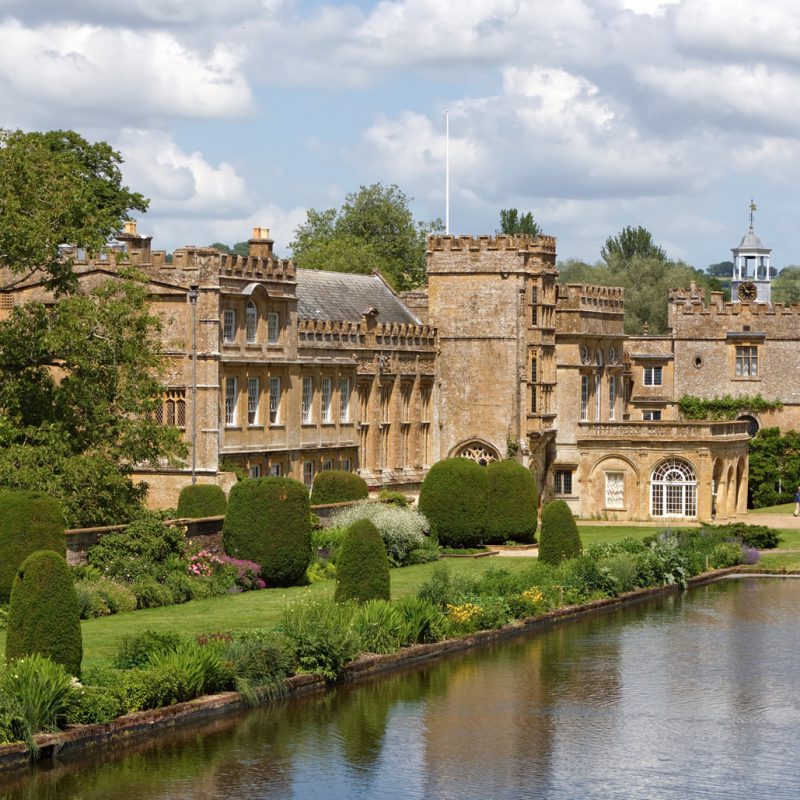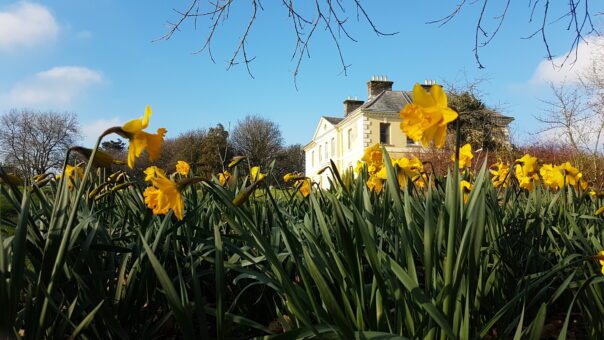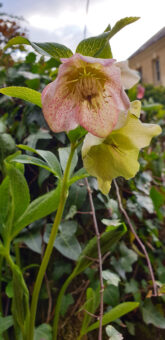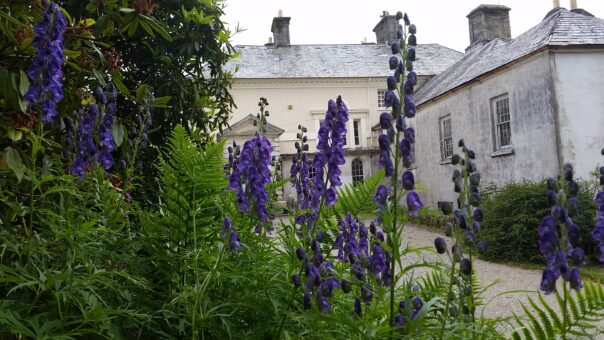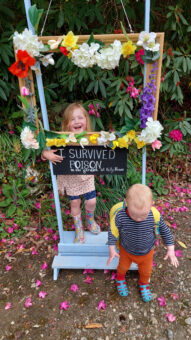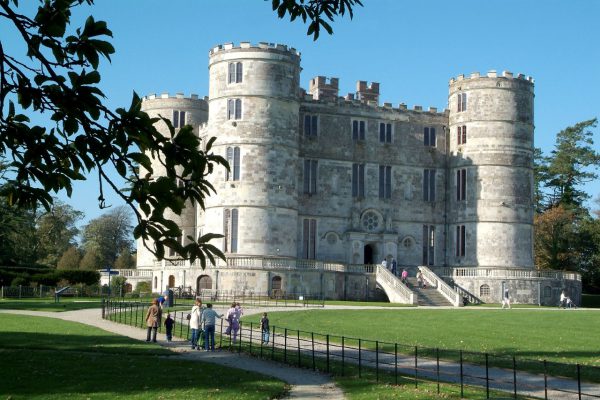Poison in the Garden at Kelly House
What dangers might be lurking in an English Country Garden?
Investigate the unexpectedly perilous side of an English country garden. A trail to discover over 40 common & beautiful plants which could cause you harm. All happen to be planted in the historic six acre garden at Kelly House. From the chippings of Laurel (Prunus laurocerasus ) which can hospitalise you, to Monkshood (Aconitum) which can make your hand go numb with a touch, and kill if eaten. Spurg sap (Euphorbia) causes blindness, and rhubarb (Rheum rhabarbarum) leaves can cause breathing difficulties.
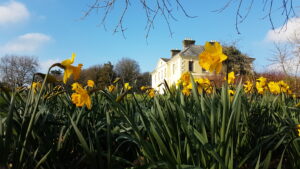
The six-acre garden of Kelly House – the historic family home of the Kelly family for over nine centuries – was planted in the Victorian era. It was based on the William Robinson style, with the two ladies of the house, Sophia Kelly (1809-1891) and her daughter-in-law Janet Kelly (1834-1911) taking the lead, and ensuring the gardeners were properly trained in the art and science of horticulture.
Much of the original planting still survives, and now the gardens have been updated with information detailing what some of these common place plants can do if consumed, or in some cases simply touched.
While exploring the garden during lockdown with her then 2-year-old, educating the curious toddler to respect plants and not just pick every pretty flower she saw, Sophia Kelly (great, great, great Granddaughter of the original Sophia) started to identify some of the plants planted by enthusiastic gardeners from previous generations.
Sophia started with simple garden perennials like foxgloves (Digitalis) and hogweed (Heracleum sphondylium). One will easily kill you if eaten, the other can cause blisters on your skin with exposure of the sap to sunlight. She was greatly surprised at how many poisons lurked in this innocent looking English country garden. She spent many hours in lockdown researching the plants in the garden, noting which plants can cause harm to the little people in her life. None of the plants she identified were planted for their poisonous properties, and all are still available to buy from most garden centres or plant nurseries.
After amassing a list of over 30 damaging or dangerous plants, Sophia and her family realised that perhaps this information might be interesting or important to others. In 2021 the “Poison in the Garden” event was opened at Kelly House, and visitors over the past two years have arrived with some of their own stories of accidental poisoning in the garden.
Poison in the Garden now features over 40 plant information boards, with more to discover. Visitors can also enjoy tea and cake in the Tudor kitchen or garden in front of an open fire. Sophia promises not to put any flowers on the cakes!
The opening of the gardens also supports wonderful local charity Children Hospice South West with part of the profits going to them. The rest goes to help the ongoing restoration of grade 1 listed Kelly House which has been home to the Kelly Family for 30 generations.
Poison in the Garden is open every Tuesday & Sunday from Sunday 9 April – Tuesday 27 June, 10.30- 4.30, at Kelly House, Kelly, Lifton, Devon PL16 0HH.
Entrance is £5 for Over 16s. Free to Historic Houses members
Related
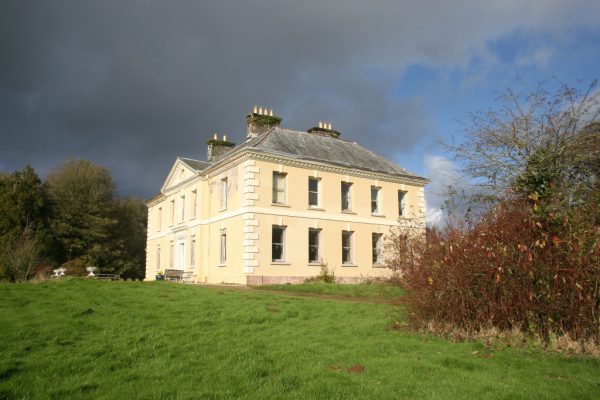
Kelly House
Kelly, Lifton, Devon, PL16 0HH
Become a Historic Houses member
Explore the nation’s heritage from just £68 per year.
Hundreds of the most beautiful historic houses, castles, and gardens across Britain offer our members free entry.
Also: receive a quarterly magazine, enjoy monthly online lectures, get exclusive invitations to buy tickets for behind-the-scenes tours, and take up a range of special offers on holidays, books, and other products you might like.
